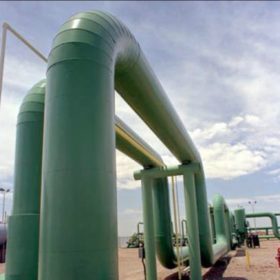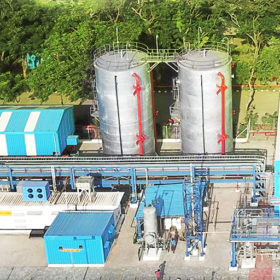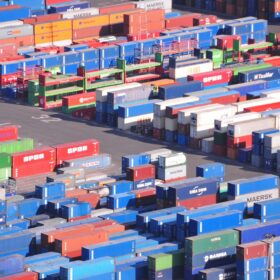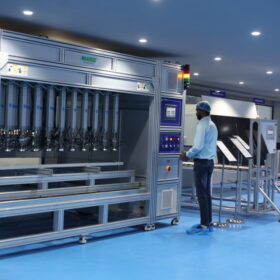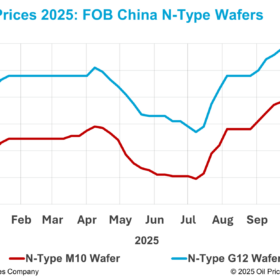India’s green hydrogen future needs demand to keep pace with ambition
If India solves demand creation intelligently, it can become a global price-setter, not just another participant in the hydrogen economy.
Integrating solar and storage for industrial users: Lessons from early projects in Gujarat
Gujarat’s leadership in renewable deployment is now extending into the field of solar plus storage, with direct implications for industrial power users. Large grid connected projects in Kutch, storage additions at hybrid sites, and new battery initiatives aimed at supplying industries with on-demand renewable energy are all early examples of how solar and storage can work together in practice.
India must fast-track green hydrogen based steelmaking amid metallurgical coal supply risks: IEEFA
Indian steelmakers have begun adopting green hydrogen, but this option should become an even greater priority for the country as metallurgical coal supply risks intensify.
Strengthening India’s energy security through alternative fuels and hydrogen
India’s energy transition is not about a single breakthrough but about steady steps across multiple fronts. Ethanol has shown how supportive policy and the right technologies can deliver both farmer security and fuel stability. BioCNG can turn waste into a resource, helping both cities and villages. Hydrogen, though still in its early stages, is slowly laying the foundations of a long-term clean energy system.
U.S. extends solar manufacturing tariff exclusions
The U.S. Trade Representative has extended the exclusion of 178 items from the Section 301 import tariffs that were put in place by the prior administration in 2024. The still standing tariffs include a 50% increase on solar cells.
Waaree ranked India’s top solar module supplier by shipment volume in Q3 2025
About 11 GW of solar modules were shipped to the Indian market in Q3 2025 by 28 major players—both domestic and international—with Waaree leading the supplies at approximately 1.4 GW, according to the latest JMK Research report.
HG Infra secures 300 MW/600 MWh battery storage purchase agreement with GUVNL
HG Infra Engineering’s arm H.G. Choraniya Bess has entered into a battery energy storage purchase agreement with Gujarat Urja Vikas Nigam Ltd (GUVNL) for a 300 MW/600 MWh BESS on long term basis.
N-type wafer prices extend four-week slide amid weak demand, rising inventory concerns
In a new weekly update for pv magazine, OPIS, a Dow Jones company, provides a quick look at the main price trends in the global PV industry.
Renewable energy assets life-cycle management through tech-enabled maintenance strategies
Modern wind turbines and solar plants generate large volumes of operational data. By leveraging analytics, inefficiencies can be identified, performance assessed in real-time, and emerging issues addressed before they escalate. A dynamic operations and maintenance (O&M) support system builds on this intelligence to provide a strong grip on performance levels while minimising downtime.
Why battery storage is becoming non-negotiable for renewable-rich grids in India
As renewable capacity rises, the question is no longer whether India can generate green power. The real challenge is whether the grid can absorb it smoothly and deliver it reliably when people actually need it. This is where battery energy storage systems (BESS) are increasingly seen not as a luxury but as a core part of grid planning.
